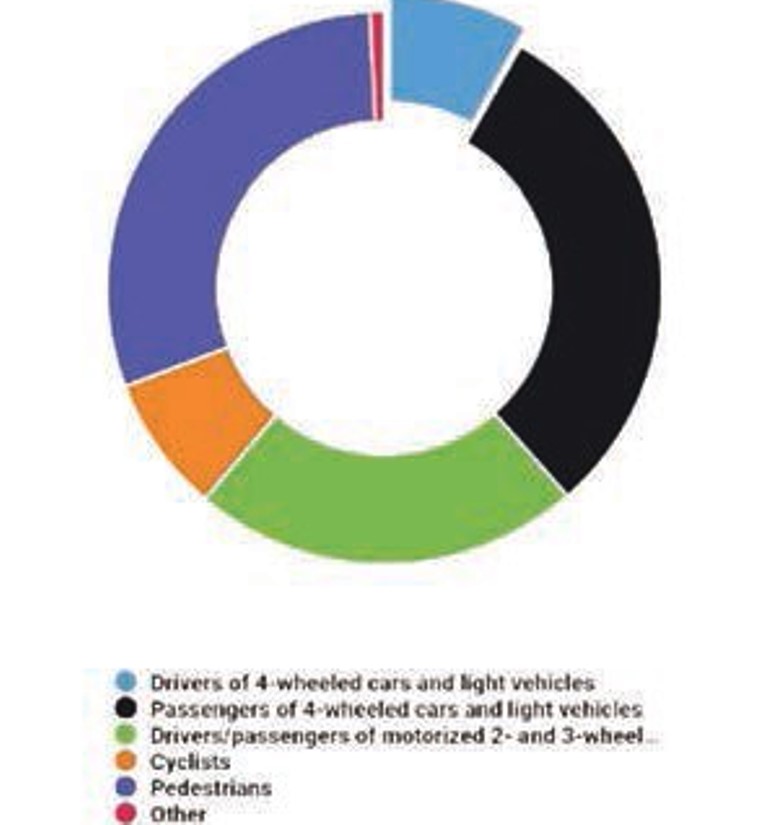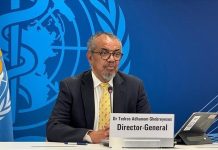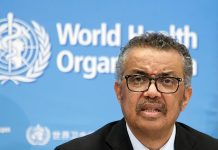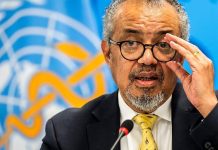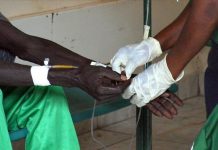GOVERNMENT ministers and senior officials from over 100 countries meet in Stockholm, Sweden for a two-day high level conference opening today to discuss new steps to halve road traffic deaths and injuries by 2030, in line with global targets agreed in the United Nations Sustainable Development Goals (SDGs).
Around 1700 delegates from at least 140 countries, including government dignitaries, senior officials from United Nations agencies and representatives from civil society, academia and the private sector are set to attend the 3rd Global Ministerial Conference on Road Safety.
Last year, the UN General Assembly designated Sweden as host of the Conference in recognition of its exemplary achievement in making the country’s roads safer and the opening ceremony will be graced by King Carl XVI Gustaf of Sweden.
The conference, which is organised by the World Health Organisation (WHO) will mark the end of the UN Decade of Action for Road Safety 2011–2020, thus giving the delegates a platform to share successes and lessons learned, chart future strategic directions for global road safety and define ways to accelerate action on proven strategies towards saving lives.
Giving his remarks ahead of the Conference, themed ‘Achieving Global Goals 2030’, Sweden’s Minister for Infrastructure, Mr Tomas Eneroth, underscored the need for joint global efforts and collaborations to tame the road carnage monster.
“The global nature of the road safety challenge calls for global partnerships and cooperation,” said Mr Eneroth, adding: “The broad representation at the conference reflects the need for stakeholders and sectors of society to contribute to making roads safe.”
He noted that among the outcomes of the Decade for Action for Road Safety 2011–2020 was increased awareness of the issue across the globe, which in turn led to including road safety in the 2030 Agenda for Sustainable Development.
“This was an important step forward in both saving lives on the roads and supporting the achievement of other Sustainable Development Goals,” he explained, adding that there’s a need for enhanced efforts during the next decade. He urged countries to reiterate our strong commitment to achieving the global goals by 2030.
“We need results, and this conference provides an excellent opportunity to raise the motivation to focus on action and pledge commitment to the issue.
The challenges differ between different countries. Together, we will find solutions that support positive developments around the world and that are adapted to local needs.”
Mr Eneroth believes that if road safety is to serve as a catalyst for change, the involvement of many sectors of society and accelerated action by a broader range of partners are strongly needed.
WHO Director-General Dr Tedros Adhanom Ghebreyesus said the Stockholm conference is an opportunity for the world to embrace a new agenda to radically reduce the number of lives lost on roads.
“It is a platform to re-think how we can provide access to safe, affordable, accessible and sustainable transport systems for all,” he remarked.
He noted that beyond preventing human suffering and major economic losses, addressing road traffic deaths and injuries has a positive impact across all aspects of society and development as outlined in the SDG targets.
“Most road traffic deaths and injuries can be prevented, using tried and tested strategies,” added Dr Tedros.
Road safety is reflected in the SDGs agreed in 2015, with two dedicated targets: (a) 3.6 aimed at preventing road traffic deaths and injuries and (b) 11.2 providing access to safe, affordable, accessible and sustainable transport systems for all.
“Achieving these targets would lead to increases in walking, cycling and using public transport, in other words, those modes of transport which impact most favourably on non-communicable diseases like heart and lung diseases, cancer and diabetes,” said Dr Tedros in a statement issued ahead of the meeting.
“It would also contribute to reducing environmental risks, such as air and noise pollution, and steering sustainable urbanisation, with less congestion and universal access to safe, inclusive and green public spaces,” he added.
Tanzania Ambassador to Sweden, Dr Wilbroad Slaa, speaking to the ‘Daily News’ ahead of the conference, said road traffic injuries and deaths is a major public health concern especially in developing countries.
Dr Slaa said Tanzania, in particular, needs to learn from countries that have succeeded to significantly reduce road crashes, injuries and deaths such as Sweden and Norway.
“We can draw a leaf from these countries and copy their best practices. Apart from putting in place proper infrastructure that accommodates all road users, there’s high respect for road signs and traffic rules among motorists, pedestrians and cyclists,” said Dr Slaa.
“It is all about behaviour and that largely depends on how one is brought up, the training as well as enforcement of existing laws and regulations, we are somehow lacking in some of these aspects,” argued Ambassador Slaa.
Tanzania will be represented at the conference by Ambassador Adadi Rajab, Muheza MP, who also presides as Chairman of African Regional Network for Road Safety Legislators.
Tanzania has recorded a significant drop in traffic deaths in the last few years but the burden of road crashes remains unbearable.
As the UN Decade of Action for Road Safety 2011–2020 comes to an end, the death toll stands at 1440 recorded last year as per Police statistics, compared to 1788 and 2581 in 2018 and 2017 respectively.


